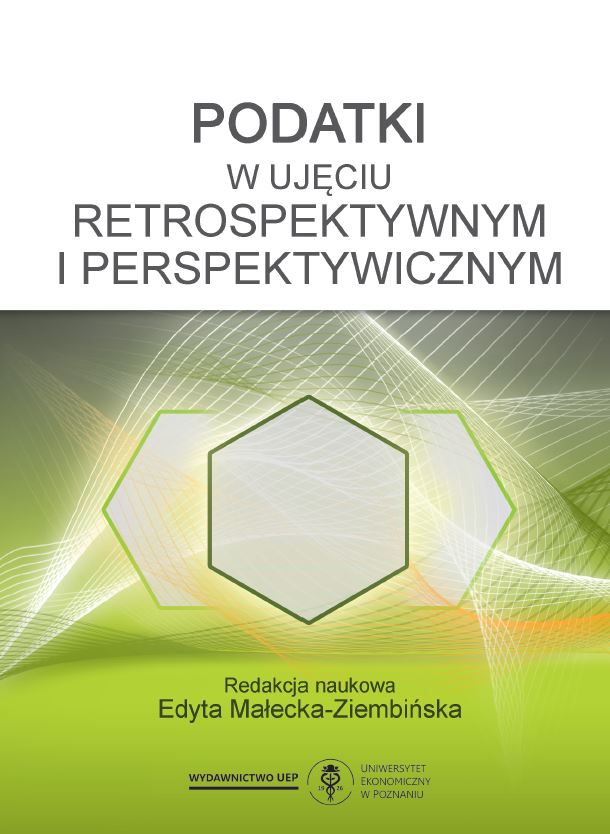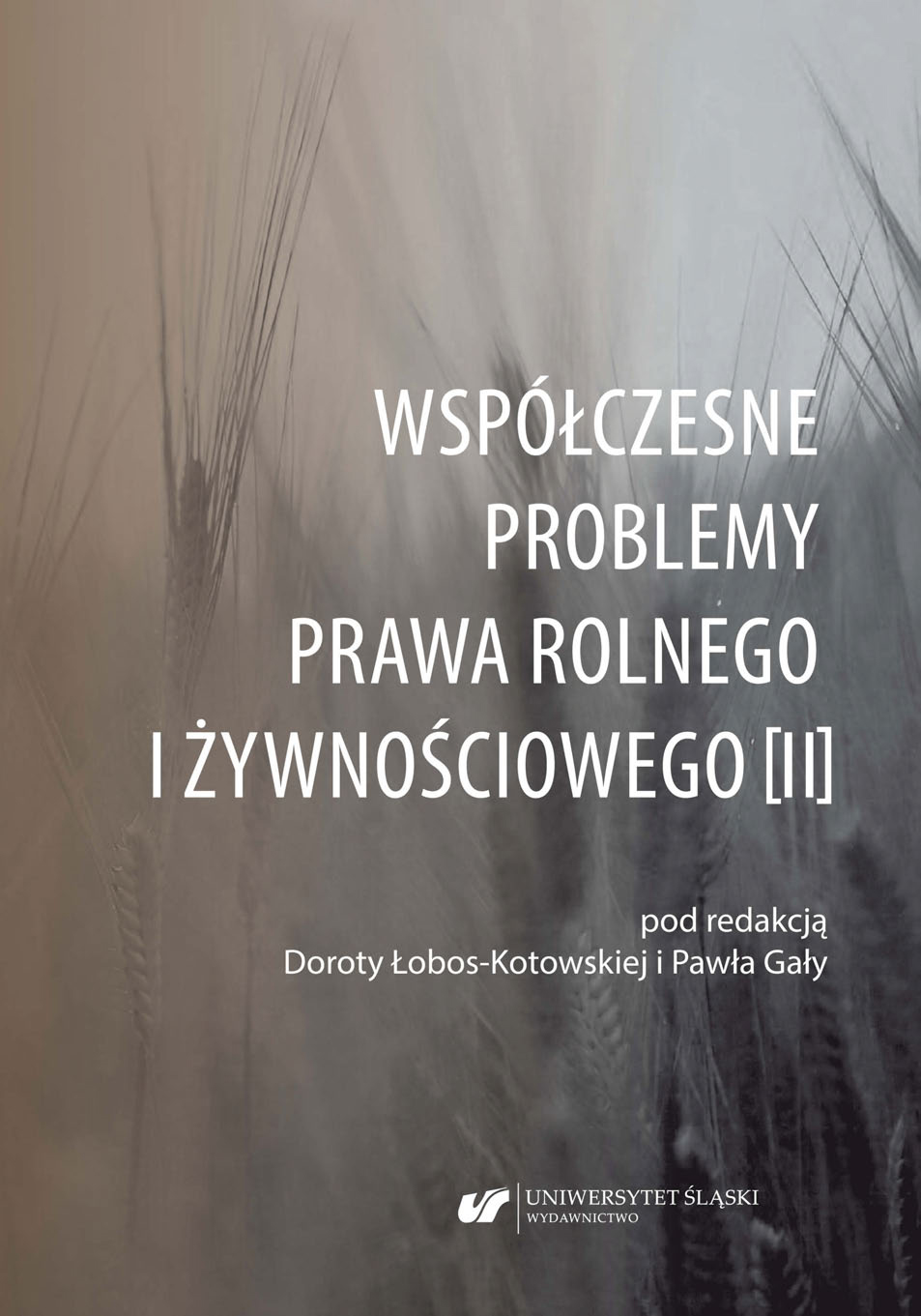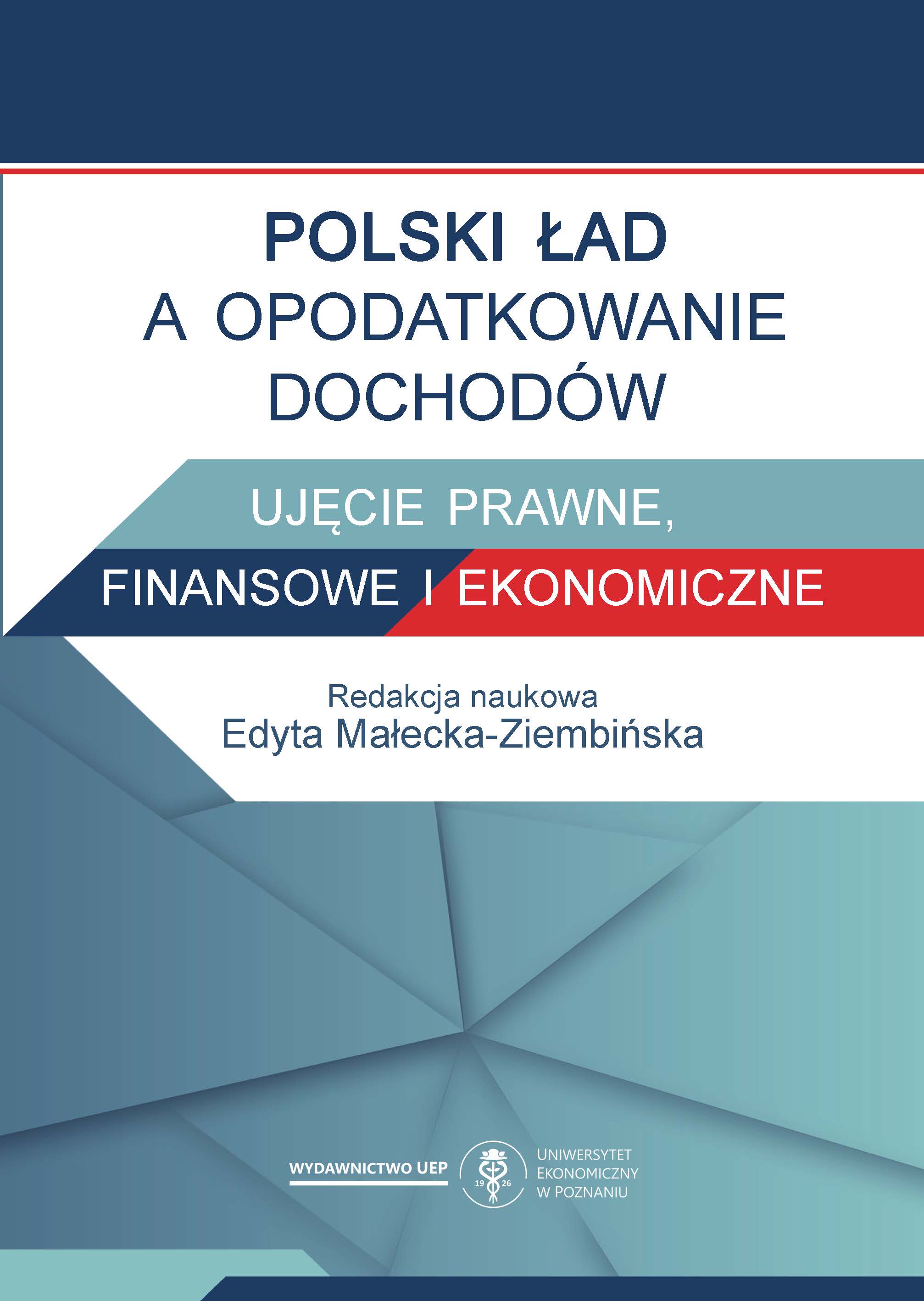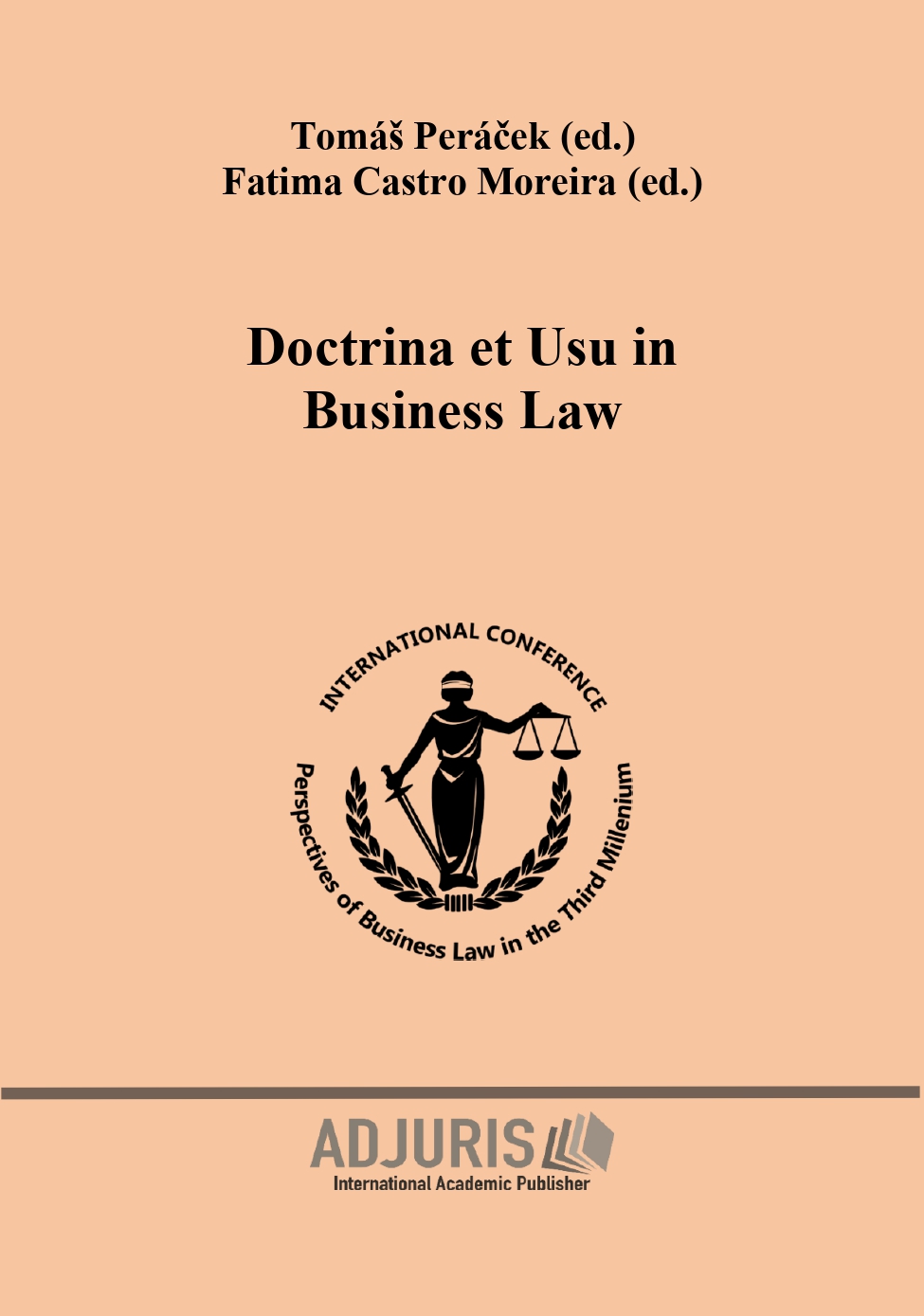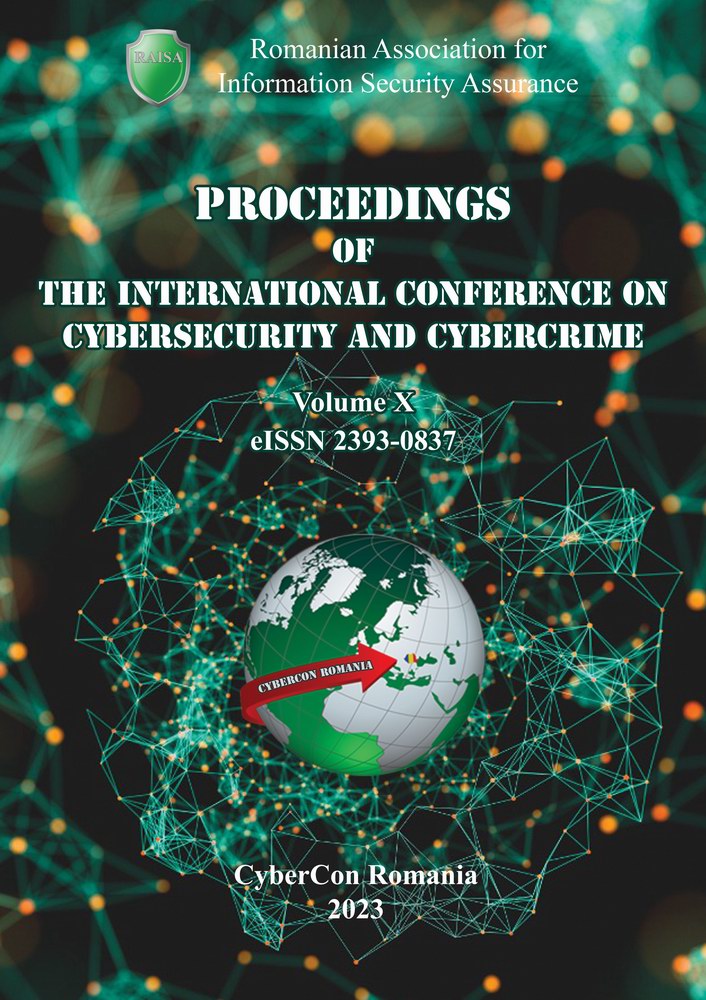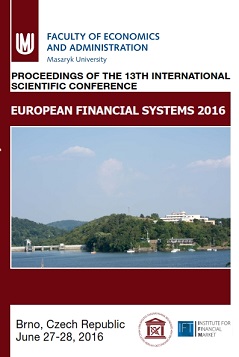
Bankruptcies of Companies in the Czech Republic after New Financial Crisis
In 2006 was published a law no. 182/2006 Coll., On Bankruptcy and Its Resolution (Insolvency Act), which came into effect from January 1st, 2008. This law came into effect just at a time when the new financial crisis started getting stronger. This crisis meant for bankruptcies of companies is an important milestone, not only with regard to the number of bankrupt companies, but especially to the emergence of new ISO standards dealing with much needed risk management in business practice. The value of bankrupt companies was according to statistics since the beginning of the recent financial crisis until the end of 2008 in the amount of US $ 14.5 trillion, which is more than 145 times the amount for the Marshall Plan to rebuild Europe after World War II. In the Czech Republic from 2008 to 2012 to increase the number of corporate bankruptcies by 288%, but their numbers began from 2012 to decline. The aim of this paper is to analyze the number of corporate insolvency proposals and corporate auditions in the Czech Republic since the beginning of the recent financial crisis until the present (i.e. the last eight years).
More...
